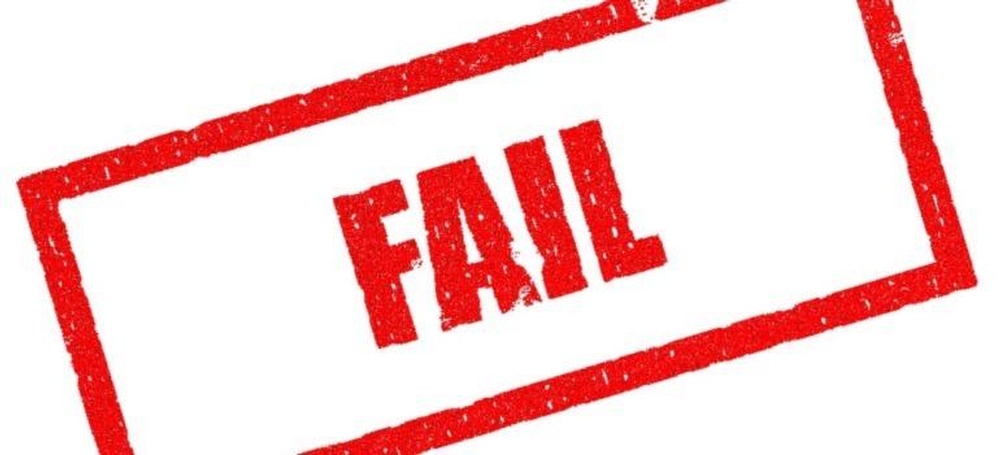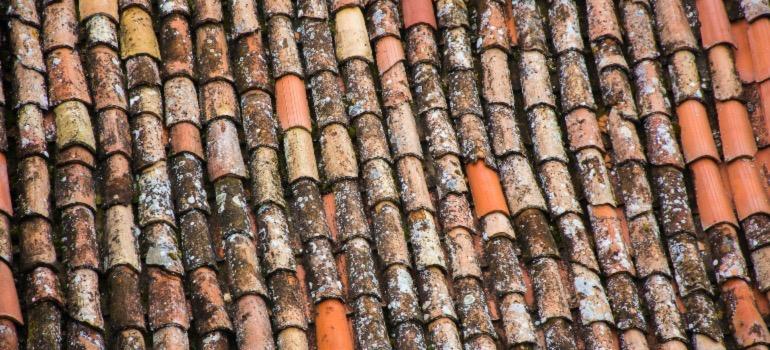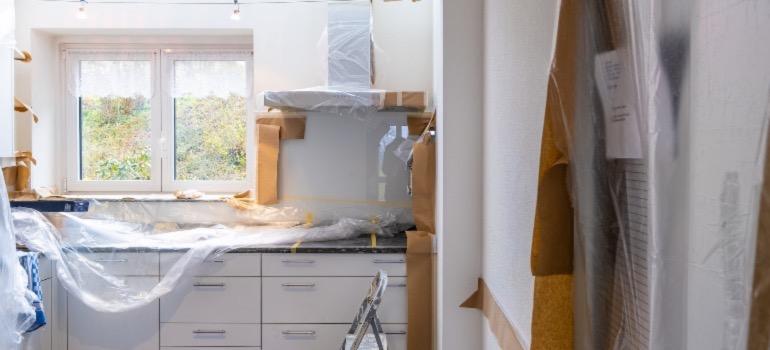Seller's Guide to Handling Bad Home Inspection Results

As a seller, the list of things you have to do can get very long. Preparing to sell your home is a complex process that involves many steps. You have to select the right real estate agent, prepare for showings, hire home stagers, and finish a lot of paperwork. And to add to all of that, there are many obstacles you have to overcome. One of the most common obstacles most sellers face is handling bad home inspection results.
The most important thing to remember when you get a negative home inspection is not to panic. There are many options for what you can do to handle this situation. If you remain calm and carefully plan your next steps, this problem can be dealt with efficiently.
What exactly is a home inspection?
A home inspection is a detailed review of your home by a licensed professional home inspector. Most commonly, the buyer will request a home inspection. However, you should know that you can also request an inspection before listing your home. This a way for you to prepare for anything that might come up on the one your buyer performs.
The result of an inspection is a report that describes the home's current condition in detail and points to all major issues and needed repairs. However, as a seller, it’s also essential for you to know what is not included in a home inspection. For instance, most inspectors don’t go into full detail when inspecting roofs. They’ll check some basics, but you can get away with less-than-desirable roof accessories. These are easy fixes, so that most inspectors will leave those repairs to the buyers.
What are the most common reasons a seller might fail a home inspection?
Let’s go through a list of the most common issues that can come up during inspections. Remember that a buyer's home inspection may include several of these issues or just one. That is when proper prioritizing comes into play.

- Roofing problems - A bad roofing report can include missing shingles, soft spots, and leaks. Sometimes, however, it can even call for a complete roof replacement if the roof is very old or heavily damaged;
- Chimney damage - Old or heavily damaged chimneys can pose a significant safety hazard for the home's inhabitants. That usually calls for a chimney to be removed or at least repaired;
- Faulty electrical wiring - While other problems can come up when inspecting a home’s electricity, faulty or frayed wiring and improperly wired electrical panels are the most common;
- Toxic substances like asbestos or lead paint - This issue is widespread if the home you’re selling is relatively old. It is severe, so make sure you handle this properly;
- Pests such as termites - Termite damage and signs of other pest infestations are usually a big problem for buyers. However, this usually isn’t a part of standard home inspections, and a buyer will probably have to request a special one just for this;
- Foundation damage - Things like cracks in the foundation, settling, and water damage in the basement are a big problem since they can be costly to fix;
- Window and door issues - Improperly sealed windows, doors that are hard to open and close, and broken panes are all problems that are very easy to spot. Thankfully they are also usually pretty easy to deal with;
- Plumbing problems - Problems with the home’s plumbing, such as leaky pipes and water damage, are the most common problems during an inspection.
What can you expect from the buyer after a failed home inspection?
A potential buyer will usually follow a thorough home inspection checklist. However, what they’ll do with this information usually depends on the terms of your contract. You can generally expect them to do one of three things:
- Request repairs - This is the action most buyers will take after receiving a bad home inspection report. They will give you a list of repairs that you have to do for them to keep going with the sale;
- Ask for credit - This is less common since not many people know about it. In this case, the buyer will ask you for a certain amount to cover the repairs after the sale is completed. Buyers who want to perform the repairs on their terms most commonly do that ;
- Pull out of the deal - This is generally the worst-case scenario. However, as the seller, you can use this as a chance to fix all the major problems on your schedule before moving on to future buyers.
What should you do when handling bad home inspection results?
As we’ve previously said, your first step when dealing with this situation is not to panic. Any reasonable buyer will understand that no home is perfect. And in most cases, they’ll still want to buy your house. So, just like yours, their goal will be to move the deal forward.
You should try and pick what you will do based on your finances and the state of the local real estate market. Let’s go through some of your options.
Make the repairs

That is usually the best way to handle the situation you’re in. You should do this under two conditions. Firstly, the repair requests should be reasonable. Second, you should only do repairs that you can afford. When deciding whether you can afford something, you should also consider expenses that can come up outside the repair costs. For instance, you should account for renting a storage unit during the renovations in your budget. That doesn’t have to be a considerable expense. There are many practical options for storage, like short-term rental units. But, even if you find a cheap one, it should still be accounted for in your budget.
Give a credit
Most buyers will accept an offer for repair credit. However, you should still get a quote from a contractor. That will help you ensure you’re not offering a higher credit than it needs to be.
Offer an as-is sale at a lower price
That can be a perfect solution if the buyer is highly motivated. Some of the more expensive fixes a home inspection might uncover are usually the most challenging part of handling bad home inspection results. That is an excellent option if you can’t cover the repairs or are in a hurry to sell.
Disclosure laws after getting a bad home inspection reports

If the worst-case scenario happens and the buyer backs out of the deal, in most cases, you’ll have to disclose everything found in their inspection to future buyers. You’ll usually have to do this even if you fix the issues. Make sure you get advice from your agent about this. Disclosure laws differ between states, so you might have to disclose some things and not others.
To conclude
As you can see, receiving a bad home inspection report is not the end of the world. You should trust your real estate agent when handling bad home inspection results. With their guidance and support, you'll be able to make the right decisions that will be best for your situation.
https://pixabay.com/illustrations/fail-lose-failing-failure-business-1714367/
https://unsplash.com/photos/FEtIUv_x9r8